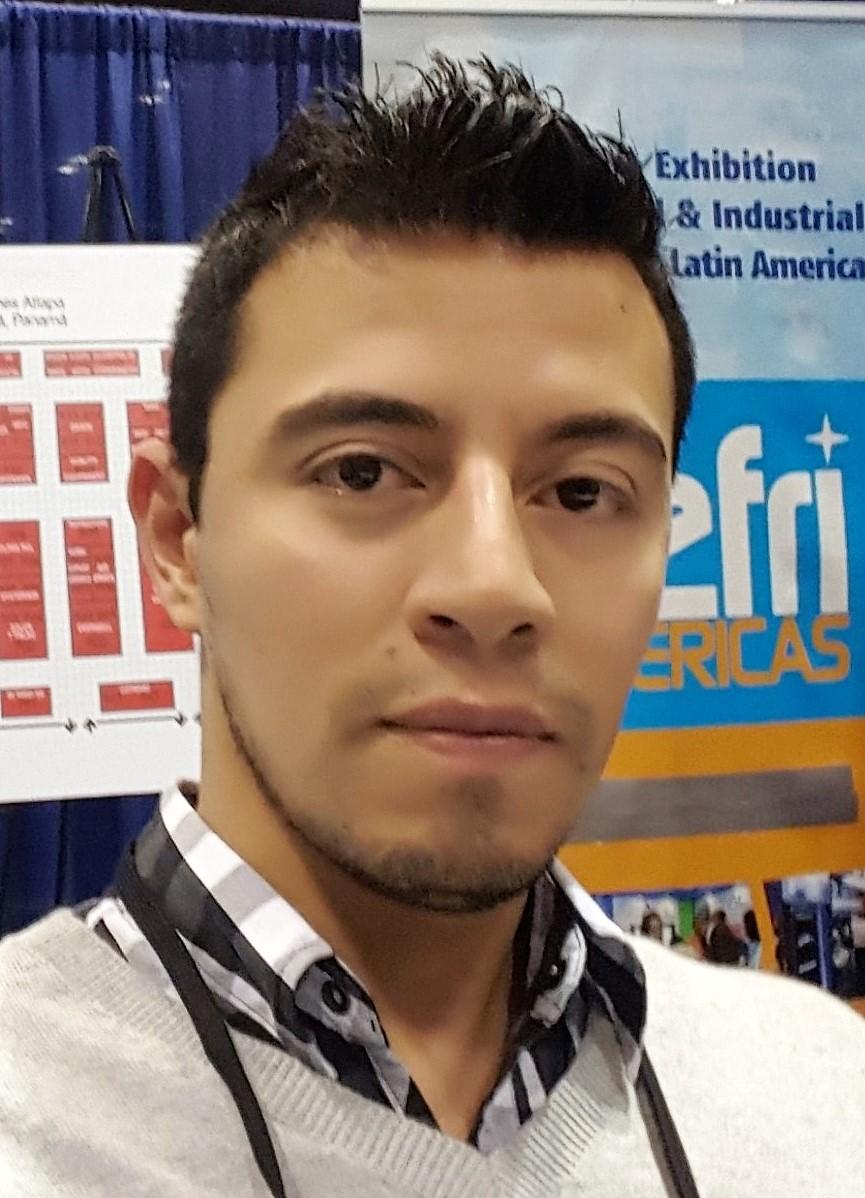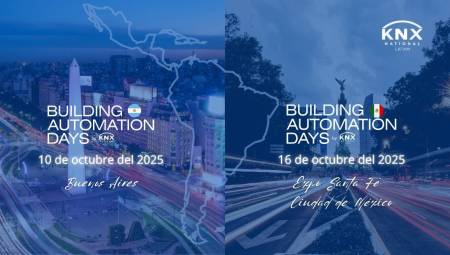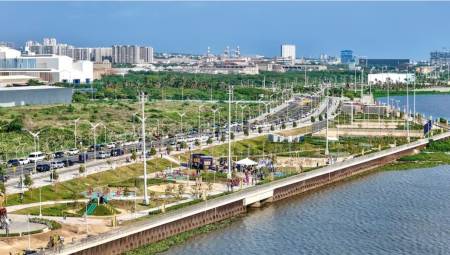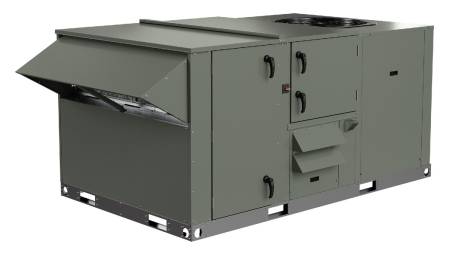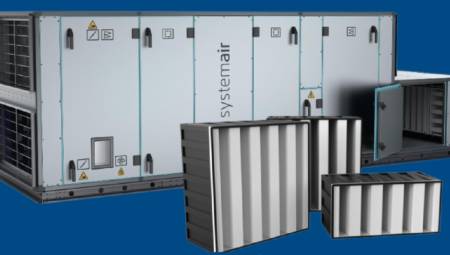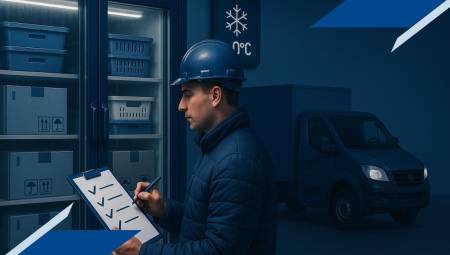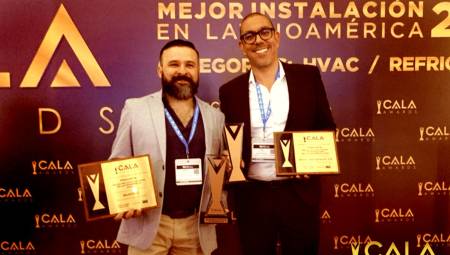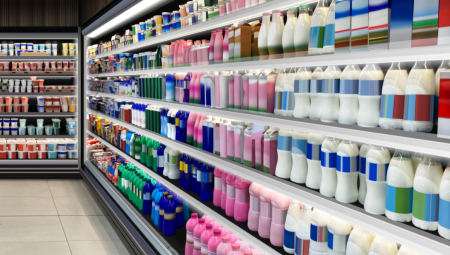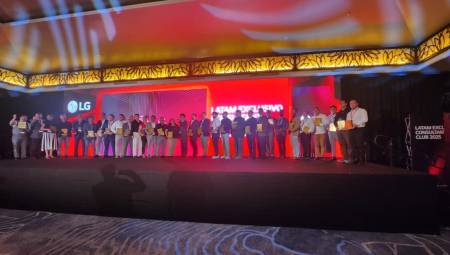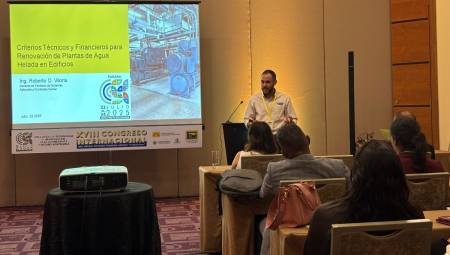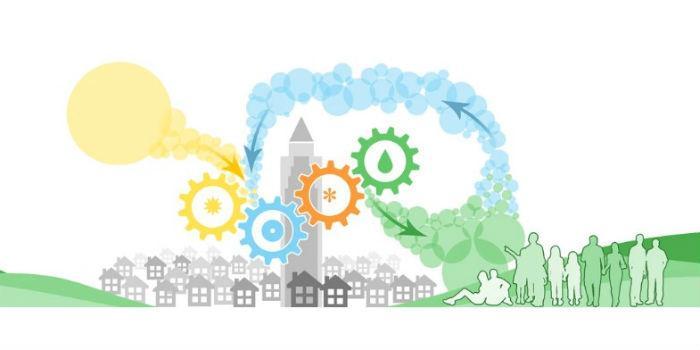 International. A research carried out by a team from the Karlsruhe Institute of Technology (KIT) and the University of Toronto proposes to convert air conditioning equipment, which in addition to fulfilling its main function, also captures CO2 and converts it into fuel.
International. A research carried out by a team from the Karlsruhe Institute of Technology (KIT) and the University of Toronto proposes to convert air conditioning equipment, which in addition to fulfilling its main function, also captures CO2 and converts it into fuel.
The researchers explain that it would be enough to apply to the conditioned air a filter that captures carbon dioxide and moisture from the outside air, in addition to an electrolyzer that decomposes water molecules to obtain hydrogen. By combining the molecules thus obtained with the CO2 captured from the atmosphere, it would be possible to obtain hydrocarbon fuels. The result: customized 'synthetic oil wells', located and distributed in buildings or neighborhoods, scientists say.
The researchers have calculated that if the technology were applied to buildings such as the Frankfurt Fair Tower, up to 1.5 tons of CO2 could be captured per hour. And produce up to 4,000 tons of fuel per year. While a building of between five and six apartments could capture up to half a kilo of carbon dioxide every hour. Thus, grouping all the offices in Frankfurt could produce more than 370,000 tons of fuel per year.
German scientists are working on a scale pilot plant, capable of producing ten liters of fuel a day. His idea is to multiply that quota by 20 times in the next two years. The fuels obtained could be reused to power vehicles that are currently difficult to convert to the electrical system in transportation and industry. This is the case of airplanes, cargo ships, large trucks and plants for the production of steel or concrete.
The truth is that this solution does not directly solve the problem of the energy transition, since it produces fuels whose combustion generates polluting emissions. But it represents an interesting advance with respect to CO2 capture. The advantage compared to carbon dioxide capture and storage (CCS) technology is the ability to produce a marketable asset. And, therefore, to create a market that can finance its dissemination.
Technically all conditioners could produce synthetic fuel. In addition, much of the necessary technology is already available. And decentralization of production would be particularly attractive for countries that are underdeveloped or resource-poor fossil. The fuels resulting from this process could fill the gaps left by intermittent renewable sources, such as wind and solar power.
However, the researchers themselves recognize that for the process to be sustainable on a large scale, air conditioners should be powered mostly by renewable sources. And precisely the needs and opportunities of the economy of scale represent one of the main obstacles to the evolution of projects like this. The illusion of having a small domestic wind turbine in every home has never come true, nor will it be done.
Several experts warn that the absorbent materials to which carbon dioxide adheres would make these devices too expensive for an individual. In addition, the gases involved (carbon monoxide and hydrogen) are toxic and explosive. Too dangerous to let the next door neighbor handle them. Finally, the idea of the 'personal oil well' is hardly credible.
That said, the climate changes, has changed, and will change. Finding a sustainable alternative to the indiscriminate proliferation of air conditioning systems is vital. The most effective thing would be to be inspired by the concept of resilience and improve the thermal insulation of buildings. However, as we say so, we may be weighing the possibility of a holiday in Dubai. A desert where you can ski in a shopping mall.
The full report can be viewed by clicking here.
Source: nobbot.


